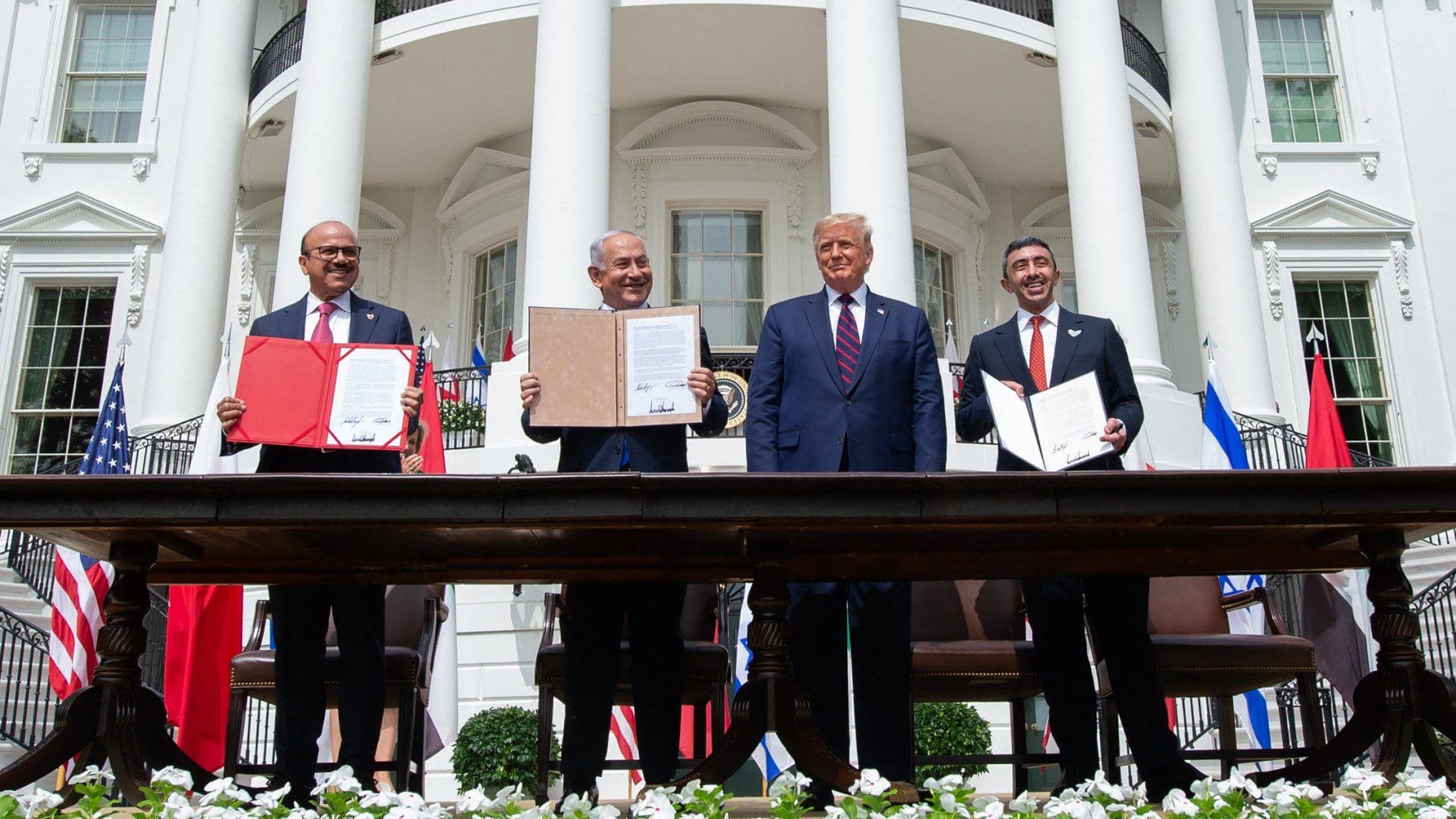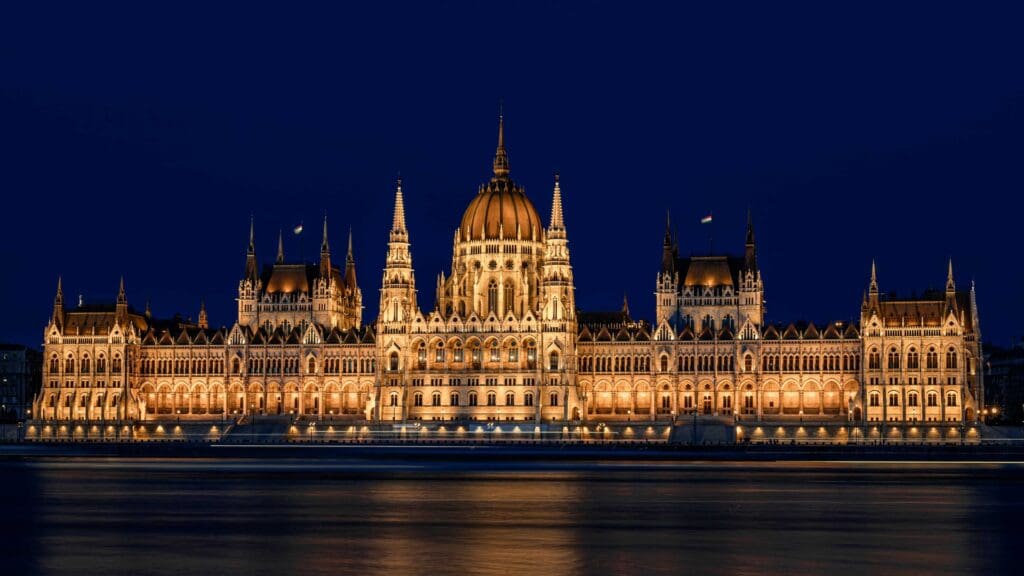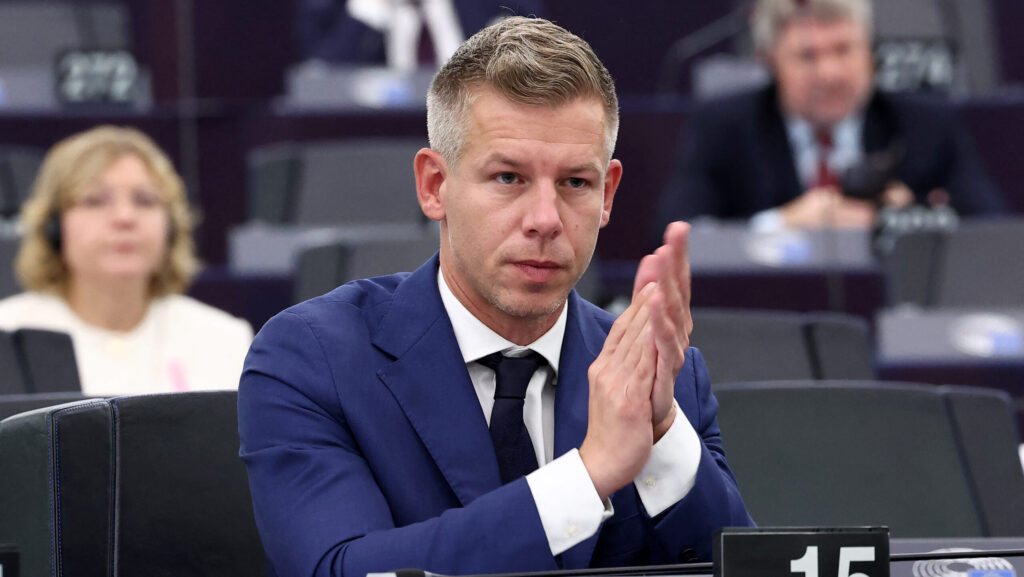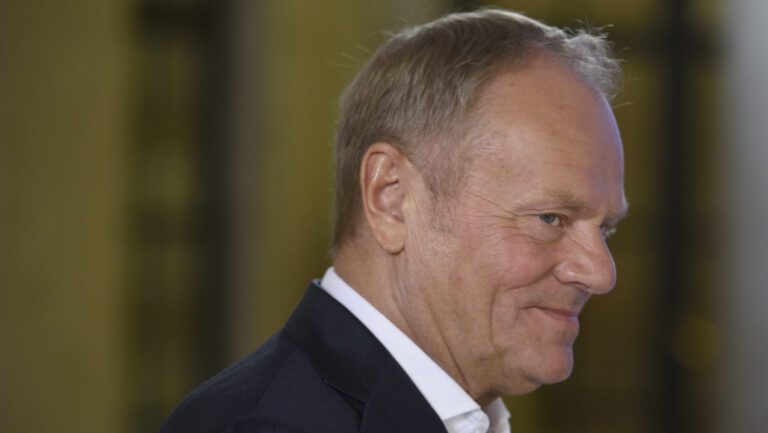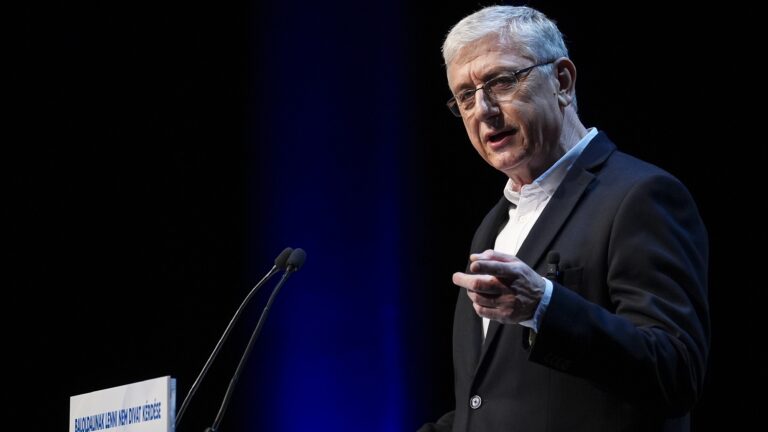While attending the 78th UN General Assembly in New York, Hungarian Foreign Minister Péter Szijjártó met with his Israeli counterpart, Eli Cohen, to discuss further steps required to achieve peace in the Middle East, as he also related in a Facebook post. The minister noted that ‘For decades, people in the region suffered from war and terrorist attacks until, with a brave move, President Trump facilitated the peace agreement between Israel, Bahrain, the United Arab Emirates, and Morocco. Now it would be even more important to extend the Abraham Accords, which normalize relations between Israel and several Arab countries, as this can greatly contribute to peace in the region, also having significant positive effects globally.’ Szijjártó added: ‘If we are looking for hope for peace, we must turn to the Middle East and the Abraham Accords.’
Benjamin Netanyahu: ‘The Abraham Accords Heralded the Dawn of a New Age of Peace in the Middle East’
Israeli Prime Minister Benjamin Netanyahu also focused on the Abraham Accords in his speech delivered at the UN General Assembly on how the Abraham Accords ‘created a new Middle East’ and ‘heralded the dawn of a new age of peace’ with the four historic peace treaties with the United Arab Emirates, Bahrain, Sudan, and Morocco. Netanyahu highlighted that Israel is on the threshold of an even ‘more dramatic breakthrough of a historic peace’ between the Jewish nation and Saudi Arabia. Netanyahu explained that ‘Such peace will go a long way to ending the Arab-Israeli conflict, encourage other Arab states to normalize relations with Israel, enhance the prospect of peace with Palestinians, and encourage broader reconciliation between Judaism and Islam, Jerusalem and Mecca.’
In his speech, the Israeli Prime Minister also pointed out that centuries of peace-making failed because they were ‘based on one false idea that
unless we first concluded a peace agreement with the Palestinians, no other Arab state would normalize its relations with Israel.’
He added that Palestinians should be a part of the peace-making process, but ‘they shouldn’t have a veto over the process. And I also believe that making peace with more Arab states would actually increase the prospects of making peace between Israel and the Palestinians.’ The Israeli Prime Minister remarked, however, that as ‘peace can only be achieved if it’s based on the truth,’ peace with Palestinians could only happen if Palestinian leader Mahmoud Abbas stopped spreading antisemitic conspiracy theories against the Jewish people and the Jewish state. He added that the ‘Palestinian Authority must stop glorifying terrorists, its ghoulish pay-to-slay policy of giving money to Palestinian terrorists for the murder of Jews.’
Netanyahu’s speech at the UN was also broadcast in Saudi Arabia, which, as the Israeli Prime Minister said, is a ‘good sign for the new year.’
While the Palestinian Authority’s President Criticizes Them, Almost Half of Palestinians View the Abraham Accords Positively
One day before Prime Minister Netanyahu’s speech, Palestinian Authority’s President Mahmoud Abbas addressed the UN, citing statements the Israeli Prime Minister explained as obstacles to peace. Abbas urged the international community to uphold the rights of Palestinians and implement UN resolutions aimed at ending the Israeli ‘occupation.’ Abbas also condemned the United States and Great Britain for the Balfour Declaration and called for the United Nations to criminalize denial of the nakba, using the Arabic word for ‘catastrophe’ that Palestinians associated with the establishment of modern-day Israel.
The Palestinian leader also told the United Nations General Assembly that Middle East peace will not be achievable until the Palestinians are granted full rights. ‘Those who think that peace can prevail in the Middle East without the Palestinian people enjoying their full, legitimate national rights would be mistaken.’ However, the question could be raised after such a speech: how would the PA’s president achieve peace with Israel and fight for Palestinian national rights when he denies even the very existence of the Jewish state and the national rights of Israelis?
Although Abbas is critical of the Abraham Accords, a poll by the Palestinian Center for Public Opinion made in July 2023 showed that
almost half of Palestinians view the Abraham Accords positively.
The poll shows that 47 per cent in Gaza, 63 per cent in East Jerusalem, and 26 per cent in the West Bank express a positive view of the regional impact of the Accords. Also, a solid majority in all three locations—58 per cent in Gaza, 61 per cent in the West Bank, and 64 per cent in East Jerusalem—agree with the following statement: ‘Arab governments are neglecting the Palestinians and starting to make friends with Israel because they think the Palestinians should be more willing to compromise.’ The poll also showed that a significant number of Gazans and some West Bankers agree that Palestinian leadership should normalize its relations with Israel were Saudi Arabia to do so.
Netanyahu: ‘While Israel Is Increasingly Becoming More Accepted in the Middle East, the UN Has Remained Unaffected and Hostile to Israel’
During a meeting, the Israeli Prime Minister also urged the UN Secretary-General Antonio Guterres to change the UN’s one-sided approach to Israel. Netanyahu stated that while Israel was increasingly accepted in the Middle East, it was ‘untenable’ that the UN ‘was unaffected and remained steadfast in its hostility to Israel.’
Guterres regularly criticizes Israel but rarely speaks out against Palestinian actions. In July, Guterres said Israel had ‘obviously’ used excessive force during a counter-terror operation in the West Bank city of Jenin. The allegation marked a rare, direct condemnation of Israel from the secretary-general and sparked an open dispute between the UN chief and Israel’s ambassador to the world body, Gilad Erdan.
As reported in a previous Hungarian Conservative article in 2022, the United Nations General Assembly unfairly singled out Israel in its resolutions, more so than any other country in the world. Last year, the UN, initially created to protect human rights and peace, passed 15 resolutions against Israel and only 13 against the rest of the world, including only one resolution each to condemn Iran, Syria, North Korea, Myanmar, the US for its embargo on Cuba, and six resolutions related to Russia’s war in Ukraine.
Unlike most UN member states, Hungary voted against most resolutions that condemned the Jewish State.
In 2023, there are two open-ended UN investigations into Israel, the only country under such scrutiny. Members of both probes are harshly critical of Israel and are on the record making antisemitic statements but have not been removed from their positions despite pressure to do so.
At a recent event hosted by the American Jewish Committee in New York, US Special Envoy to Combat Antisemitism Deborah Lipstadt said: ‘The Human Rights Council is one of the places where anti-Israel bias so regularly crosses into antisemitism.’ Israel’s envoy to the Geneva-based UNHRC highlighted earlier this year that Israel had been the target of around one-third of all condemnatory resolutions the council has passed since its creation in 2006.
Lipstadt explained: ‘Being critical of Israeli policy is not antisemitism, but we so often see the criticism morphing into antisemitism, or even worse, we see criticism of Israel being used as a guise for antisemitism, and I think it has to be called out.’ Lipstadt added that she hopes a plan the UN is formulating to combat anti-Jewish discrimination ‘will be a game changer.’ However, the UN conference on antisemitism that was scheduled for June was postponed and has not yet taken place.
Szijjártó: ‘Abraham Accords Should Serve as an Example for Resolving Similar Conflicts Around the World’
Péter Szijjártó also talked about the importance of the Abraham Accords recently at the Peace of Westphalia conference in Münster. Szijjártó explained that Hungary remains dedicated to the expansion of the Abraham Accords for the sake of Arab–Israeli normalization and it is ready to participate in promoting the process. He highlighted that the conclusion of the Abraham Accords had demonstrated that in the case of most conflicts, there was a chance to find a solution and to pre-empt the re-formation of blocs in the world. Szijjártó said the Abraham Accords should serve as an example for resolving other similar conflicts around the world, adding that ‘even though the Middle East seems to be far away in a geographical sense, we all know that whatever happens in the Middle East, it has a direct influence on Europe.’ Finally, he highlighted that while Hungary maintains strategic ties with Arab countries in the region, at the same time, it is an ally of Israel.

